Faith and Philosophy: The Historical Impact
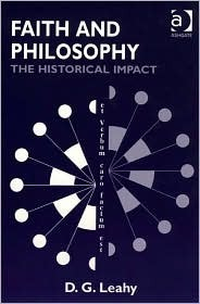
Summary
This book examines how Christian faith has historically impacted the notion of Nous or divine mind in Western thought up to and including the present. Christian faith is seen to have inaugurated an essential transformation over time of the ancient notion of divine mind and of thought in general. Beginning with an examination of Aristotle’s notion of essence, Plato’s creation myth in the Timaeus, and Plotinus’ One, it is shown how faith in the hands of Augustine and Aquinas fundamentally reshaped Western thought and made possible in the modern period the radical subjectivity of Descartes brought to perfection by Kant and Hegel. The strenuous counter-thinking of Kierkegaard, Nietzsche, and Levinas is closely compared to its disarming alternative, the thinking of Jefferson, Emerson, and C. S. Peirce, the father of American pragmatism.
Similar Books
-
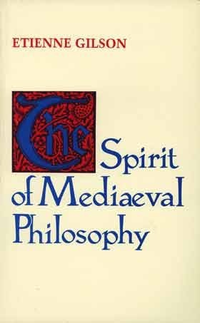 The Spirit of Medieval Philosophy
The Spirit of Medieval Philosophyby Étienne Gilson
-

-
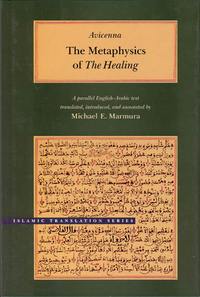 The Metaphysics of The Healing
The Metaphysics of The Healingby Avicenna
-
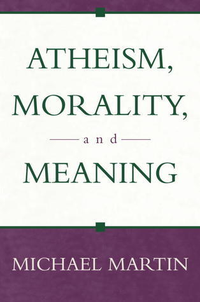 Atheism, Morality, and Meaning
Atheism, Morality, and Meaningby Michael Martin
-
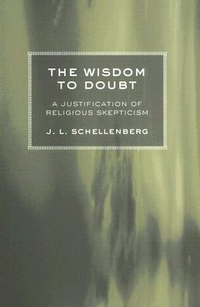 The Wisdom to Doubt: A Justification of Religious Skepticism
The Wisdom to Doubt: A Justification of Religious Skepticismby J.L. Schellenberg
-
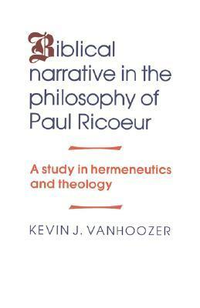
-

-
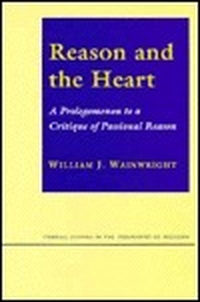 Reason and the Heart: A Prolegomenon to a Critique of Passional Reason
Reason and the Heart: A Prolegomenon to a Critique of Passional Reasonby William J. Wainwright
-
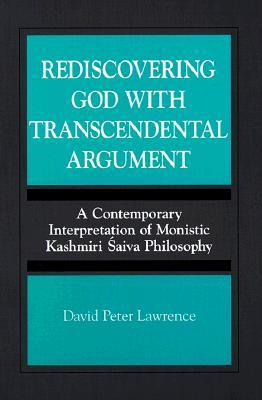
-
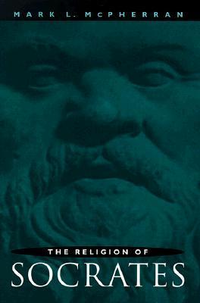 The Religion of Socrates
The Religion of Socratesby Mark L. McPherran
-

-
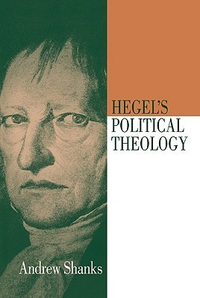 Hegel's Political Theology
Hegel's Political Theologyby Andrew Shanks
-
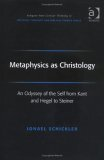
-
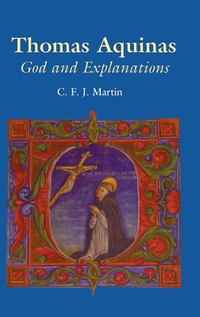 Thomas Aquinas: God and Explanation
Thomas Aquinas: God and Explanationby C.F.J. Martin
-
 God and Inscrutable Evil
God and Inscrutable Evilby David O'Connor
-
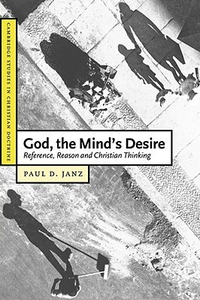 God, the Mind's Desire: Reference, Reason and Christian Thinking
God, the Mind's Desire: Reference, Reason and Christian Thinkingby Paul D. Janz
-
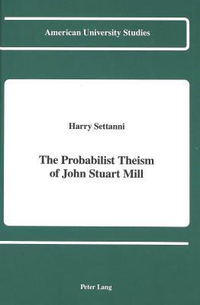 The Probabilist Theism of John Stuart Mill
The Probabilist Theism of John Stuart Millby Harry Settanni
-
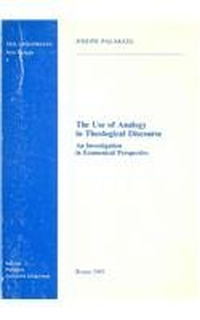 The use of analogy in theological discourse: An investigation
The use of analogy in theological discourse: An investigationby Joseph Palakeel